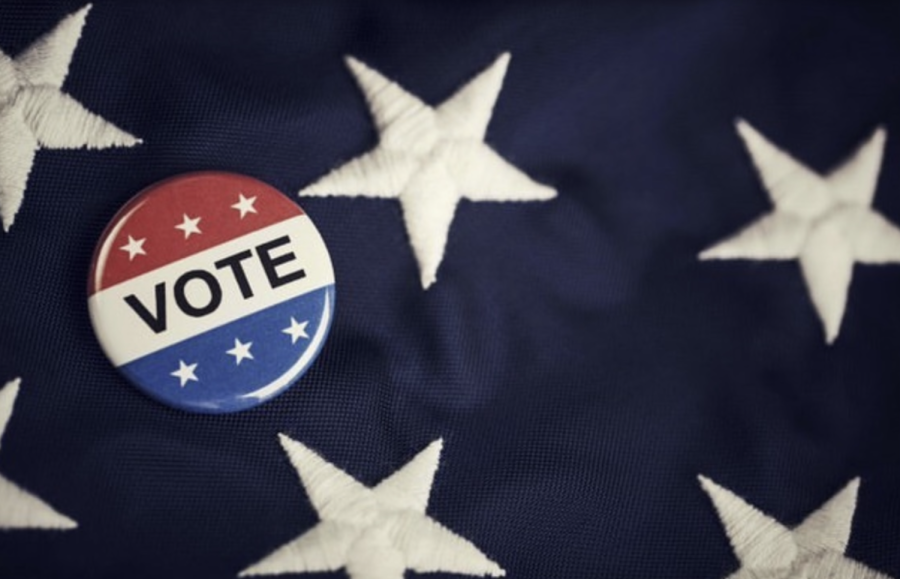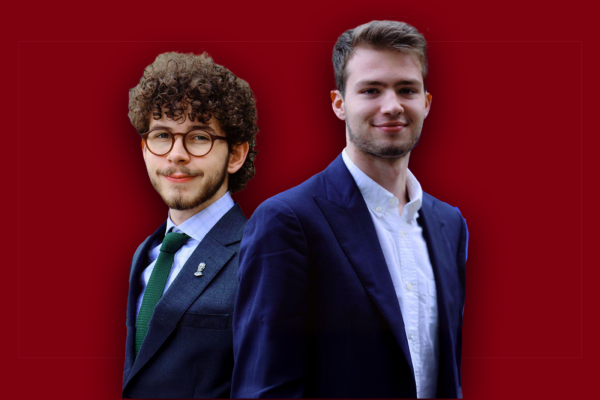United Student Government Faces Several Special Elections
At the start of the spring 2023 semester, Fordham’s United Student Government (USG) was met with a barrage of vacancies across multiple vice president and Senate positions. At the start of the semester, there were five vacant Senate positions in addition to an estimated three vice president seats. Each year, vice president positions include work having to do with operations, budget, student life and health and security. During this specific special elections cycle, however, there were vice president vacancies within the Budgeting Committee, Student Experience Committee and Committee on Sexual Misconduct.
Special elections mainly take place when a vacancy opens up for a specific position, usually for reasons having to do with a member going to study abroad or possibly even stepping down from a position. As a result, USG is tasked to find the best candidates fit to fulfill such vacancies within a certain period of time. However, there is a strict process that comes into play when finding a replacement candidate.
First, an interested candidate must email their interest in a specific position, and their name will be confirmed within a ballot. The candidate is then tasked with giving a three-minute speech in front of the entire USG committee. Upon majority vote, the candidate with the most favor will inherit the position. For a vice president to be elected, they must gain majority favor of the Senate, despite the potential vacancies that may be present. If a candidate wishes to gain a spot within the senate, then they would have to gain a majority vote by the USG e-board.
According to USG policy, predecessors are not permitted to choose a successor. Although the special elections process is slightly different than that of the normal elections process, many members of USG do not have any issues in regards to the fairness of the election process. Senator Lucas Hjetberg, FCRH ’26, described the special election process as “a matter of urgency,” when there is a vacancy needing to be filled.
“I have not heard anybody think this election process is unfair. But then again, I can only speak from my own experience,” said Santiago Vidal, FCRH ’24, executive president of USG. “We have had some imperfect situations in the past. However, the special election process has always been consistent and fair in past years.”
According to Vidal, 25 people attended the most recent special elections, and the election policies are established through USG laws and election code. Although these policies were established generations ago, they were recently most updated in 2019 by former Executive President Olivia Quartell.
According to Senator Keegan Roeder, FCRH ’23, who was appointed to the Senate through special election, said the process was “certainly nerve wracking.”
“You had to speak in front of the entire USG and need to prove yourself to be qualified in order to gain support,” said Roeder.
Senator Peter McGowan, FCRH ’24, another USG senator who was appointed through special election, states that you “have to put your foot forward” in order to persuade current senators to vote for you.
Overall, various vice presidents and members of the USG Senate see the process as fair and beneficial.
In all, USG members aim to make it clear that the special election process is taken very seriously. In fact, the organization has guidelines that need to be followed during any election process.









































































































































































































